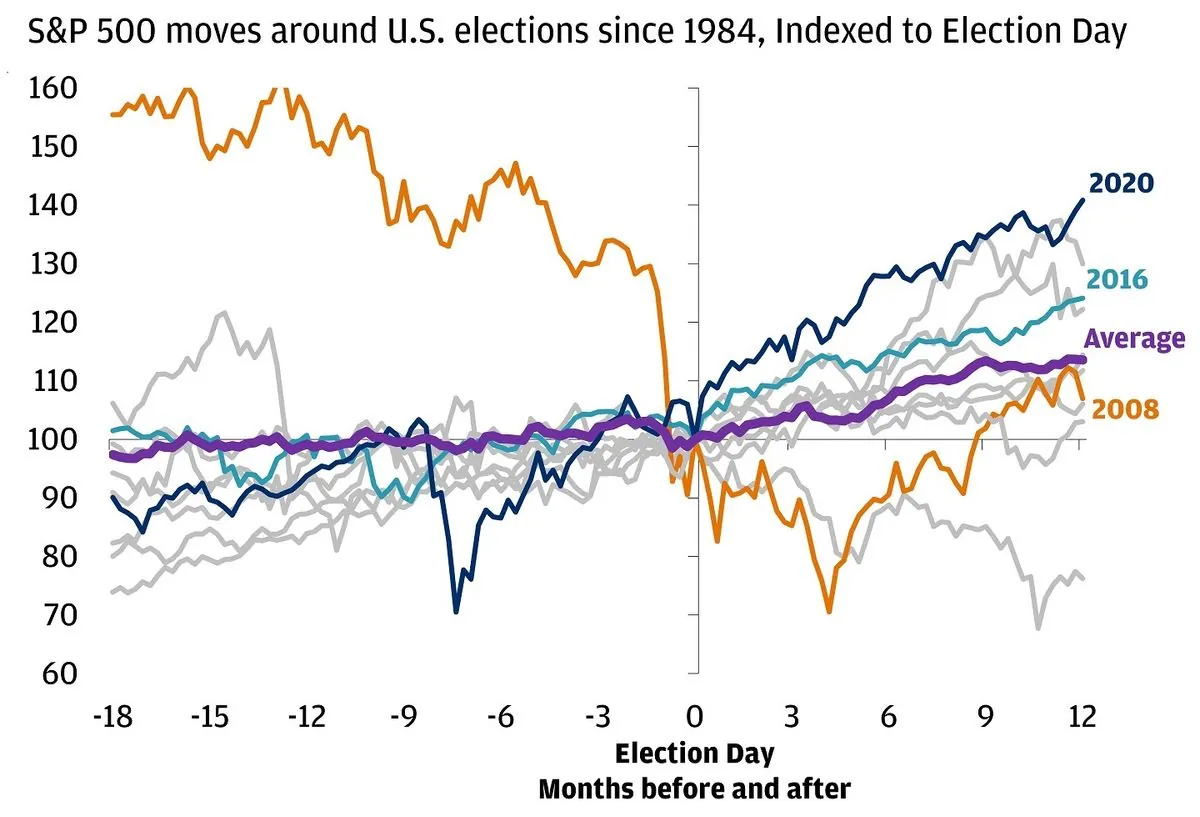UK sees drop in women's executive roles, raising gender parity concerns
For the first time in eight years‚ the number of women in top executive positions in UK companies has decreased. This setback could postpone gender equality in corporate leadership by several generations

In a surprising turn of events‚ the proportion of women holding executive positions in Britains top 350 listed companies has fallen from 33% to 32%. This marks the first decline in eight years raising concerns about the pace of progress towards gender parity in corporate leadership.
The Pipeline a consultancy focusing on gender diversity in senior roles‚ has highlighted this setback in its latest report. According to their analysis this regression could push back gender equality in top corporate positions by as much as five generations.
Geeta Nargund chair of The Pipeline‚ expressed her disappointment with the current situation. She emphasized the need for business leaders and recruiters to tap into the vast pool of female talent to fill decision-making roles and create workplace environments where women can flourish.
The report reveals some concerning statistics:
- Only 9% of CEO positions are held by women
- Just 18% of CFO roles are occupied by female executives
- A mere 19% of commercial boardroom jobs (down from 20% last year) are filled by women

These figures stand in stark contrast to the UK governments claim made about a year ago that Britain was leading in female representation. The government pointed out that women held 402% of board positions on the top 350 listed companies in London – ahead of a 2025 deadline.
However its important to note that board positions often include non-executive roles which lack operational power and decision-making functions. The Financial Conduct Authority (FCA) requires listed companies to appoint women to at least 40% of board positions or provide an explanation for failing to meet this target.
It is unacceptable that gender representation in business leadership is moving backwards in 2024 ...
She further emphasized the business case for gender parity‚ noting that organizations with better gender representation are 22% more likely to see improved profits. This underscores that fair representation is not just a nice-to-have but a business imperative


































